

Autism Acceptance Week: What is Autism and What Does Acceptance Look Like?
I was sixteen when the question of whether I could possibly be autistic arose and, at this stage, my understanding of autism was limited. I thought about the TV series Atypical that I had recently watched and about Sheldon from The…

One Year of Girl Unmasked
It is the 28th March 2025 - one whole year since the publication of Girl Unmasked: How Uncovering My Autism Saved My Life. One year ago today, at my book launch, I stood at the front of a room packed with almost everyone I loved and cried for a solid twenty minutes....
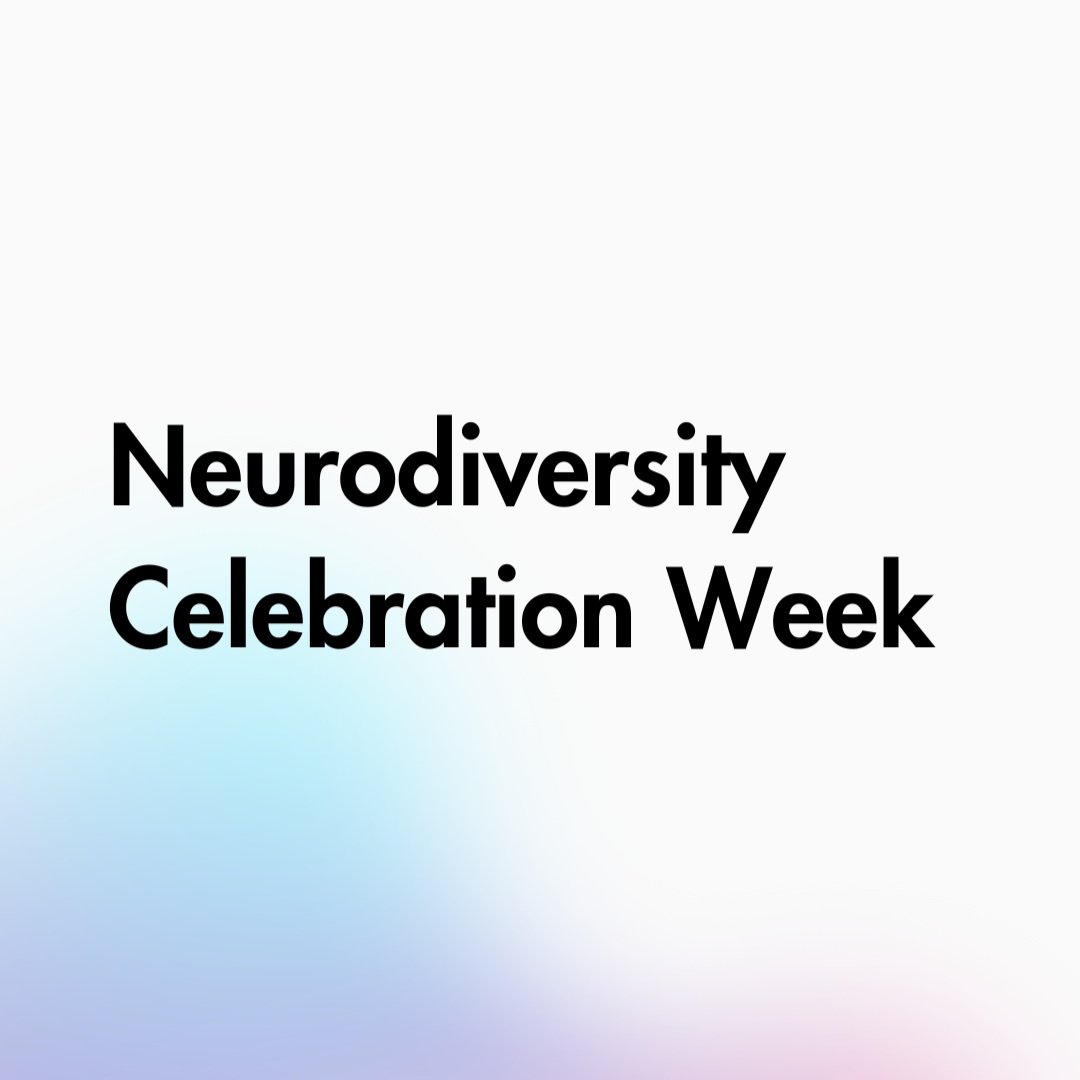
Neurodiversity Celebration Week
It’s Neurodiversity Celebration Week - a week for neurodivergent people to celebrate their neurodivergence (if they want to), to challenge stereotypes and misconceptions and to advocate for more inclusive and supportive environments where everybody can flourish…
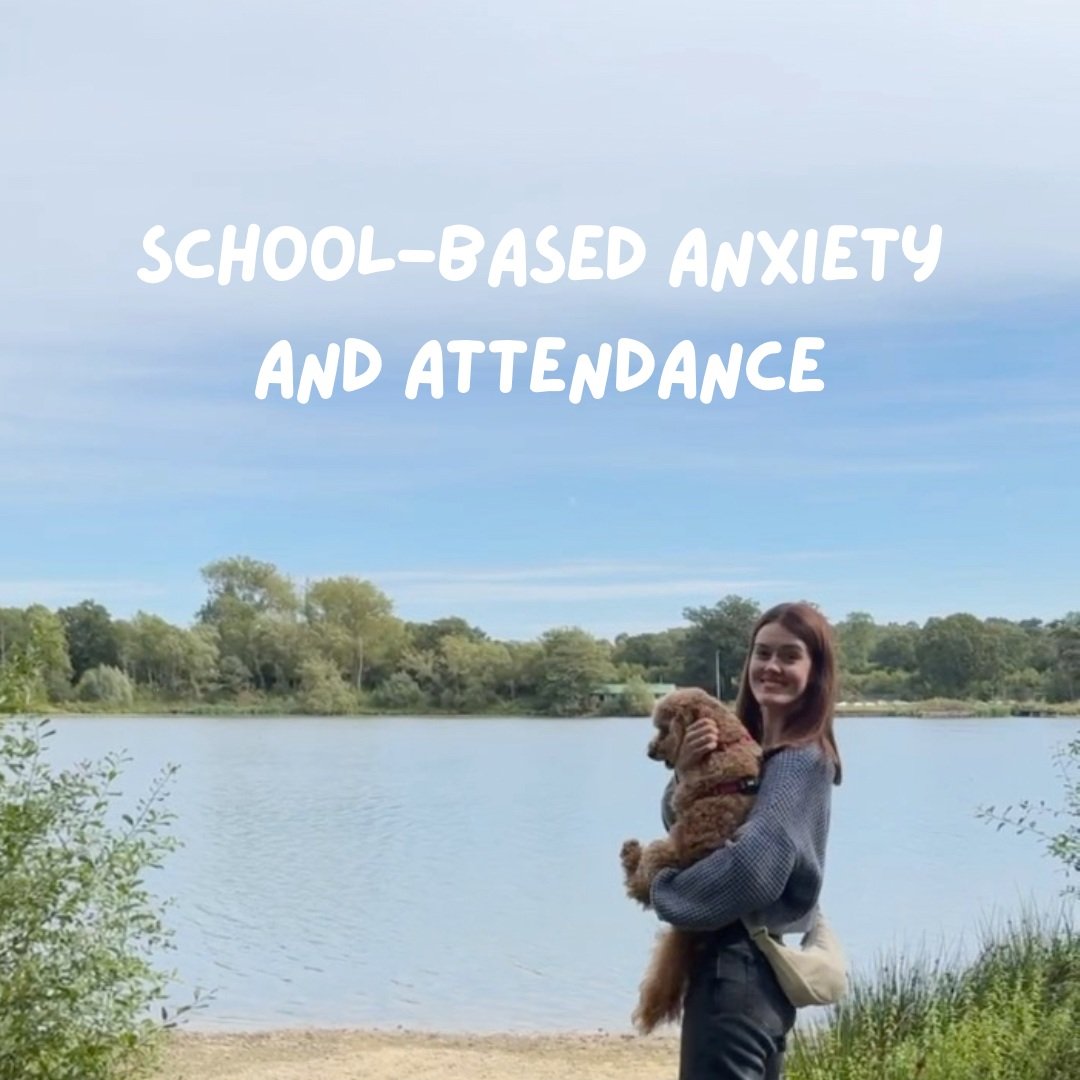
School-Based Anxiety and Attendance
Sometimes it feels like the only thing that matters to politicians and education leaders is school attendance. And when they declare that the best place for children to be is in school, it makes me feel like my school experience doesn’t matter, and makes me feel angry for all the children…

Authentically Emily Update - Book Guide, Girl Unmasked Paperback, Giveaway and Talks
Hello and happy Monday!
This is a bit of a rambly post with a few updates rather than my usual blog post.
Autism and ADHD Book Guide

Managing a Trip to Thailand as an Autistic Person
I absolutely love seeing and exploring new places, but when my boyfriend suggested that we plan a trip to Thailand, I was initially hesitant. Being autistic means that some things can be more challenging, and I felt anxious about many things, like…

Autism and ADHD Book Guide - for Children, Young People, Parents and Professionals
To quote Elle McNicoll, incredibly talented and awesome neurodivergent author, “Every child deserves to see themselves reflected positively in stories…The world needs unapologetically neurodivergent characters.”
In this book guide you will find book recommendations…

ADHD: What is ADHD, Positives of ADHD and Avoiding ADHD Burnout
It’s the end of ADHD Awareness Month. In true ADHD fashion, I’ve been putting off writing this blog post for the whole month. Because getting started on tasks and procrastination is something ADHDers tend to struggle with.
I found out I had ADHD when I was 21 and it helped make…

A Letter To My ADHD Brain: ADHD Awareness Month
To my ADHD brain,
I love you and I hate you. You exist as a total contradiction. You are both what makes life feel worth living but also why I am drowning.
It is because of you that I feel so alive…

Autism and Mental Health: Practical Advice for Managing Your Mental Health
Last month, I wrote a rather depressing but important blog post on why so many autistic people struggle with their mental health. Read it here. As promised, I’m back with some practical advice on managing mental health as an autistic person.
Firstly, I want to acknowledge that managing mental health is different…

Emotionally-Based School Avoidance in Neurodivergent Children and The Discriminatory System of Prosecution
I was described as a child on the verge of school refusal. I ran away from school multiple times. I would hide in the toilets and have daily panic attacks. I would refuse to go to lessons, sitting in the library instead. The anxiety I felt every single day was monumental. It led to self-harm, depression and…
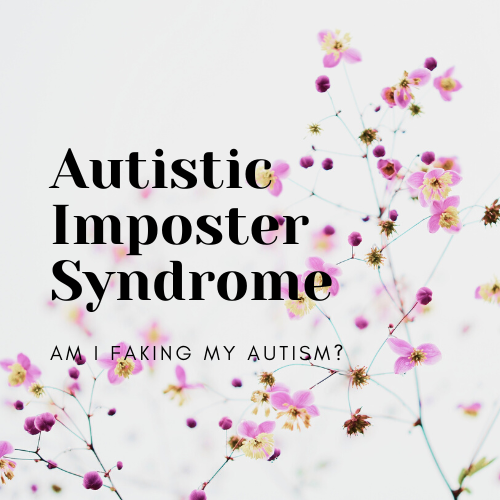
Autistic Imposter Syndrome
Imposter syndrome was a term coined by Pauline Clance and Suzanne Imes in 1978. It refers to an individual having persistent self-doubt about their achievements, place in the world or role, despite evidence which says otherwise. Basically, believing that…
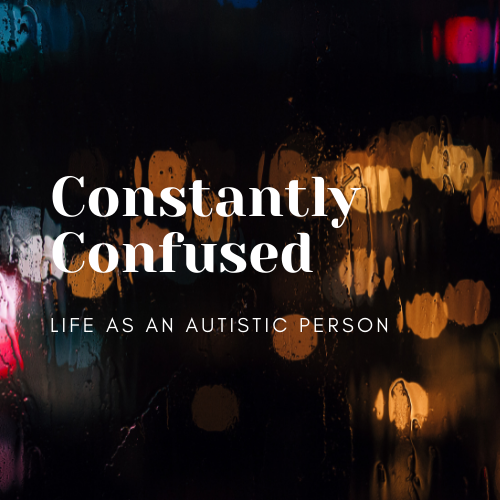
Constantly Confused - Life as an Autistic Person
Being autistic in this world can result in feeling constantly confused. Let’s talk about what that can be like.
This confusion is present in many parts of my daily life. Mainly when interacting with other people, which is something which tends to be unavoidable, of course…
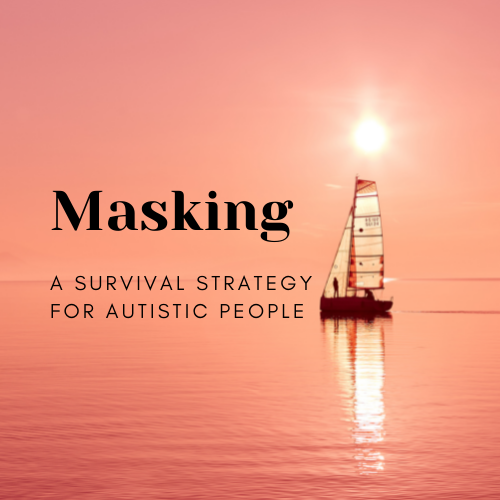
Autistic Masking
Masking is a survival strategy for many autistic people. Let’s talk about it.
Whenever the topic of masking comes up, there is usually the reply, "But doesn't everyone mask to some degree?". And yes, most people do put on a mask at work or when…
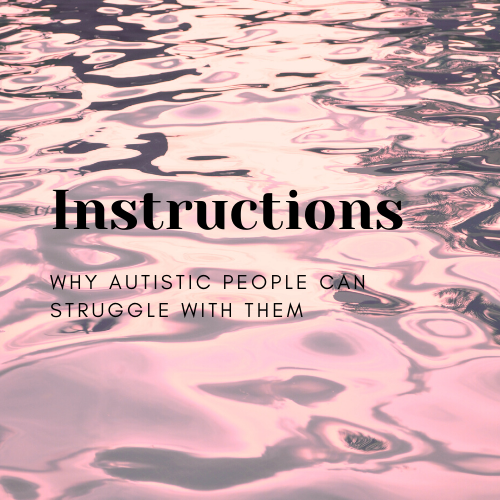
Why Autistic People Can Struggle With Instructions
Being given an instruction instantly doubles my anxiety level. It doesn’t matter what it is. It could be really simple. The simple act of my brain registering that an instruction has been given to me and then having to process this is a BIG deal. To begin with…
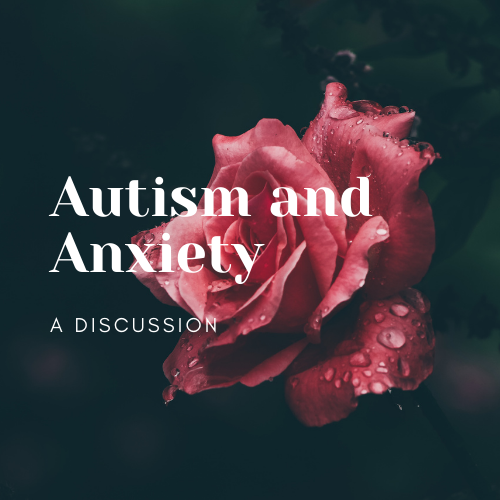
Autism and Anxiety
You know that feeling where your racing heart-rate won’t slow down, your face feels sweaty and your insides are churning? Where your thoughts are spinning around your head in endless circles? Where you feel dread and complete nausea from everything? I live with that every day.
Anxiety isn’t intrinsic to autism. Not all autistic people even experience anxiety, but…
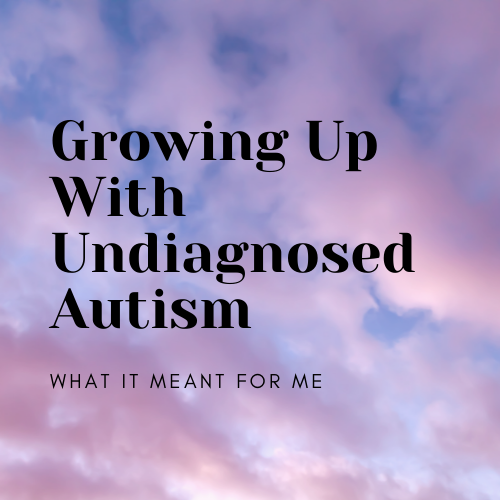
Growing Up With Undiagnosed Autism
I spent nearly 17 years of my life with no idea that I had a completely different neurotype to the majority of people around me. I thought my brain was ‘typical’. After all, I seemed to blend in with my peers.
Growing up undiagnosed meant that I had to hide the fact I found a lot of things difficult, because I thought it was my fault that…
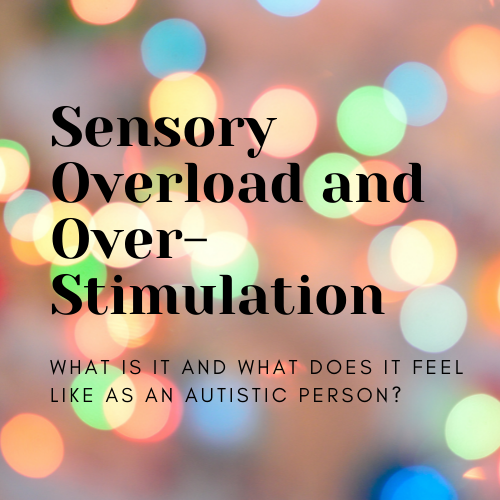
Sensory Overload and Over-Stimulation
Although I KNOW that I experience sensory stimuli differently to a lot of people, I can’t comprehend how anyone else possibly experiences it differently.
Like, how does anybody focus on the task at hand when there is a beeping noise going on outside? How does anyone…
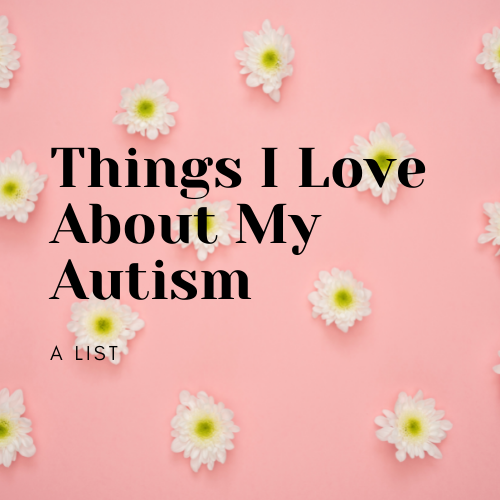
Things I Love About My Autism
1. Autistic joy. When I am captivated by joy and nothing else. It’s pure, it’s unfiltered and it’s wonderful.
2. My strong sense of justice. Other people often don’t seem to care when things are unfair. I do and I try to do what I can to change this.

How To Be Neurotypical: A Step By Step Guide
1. Ask questions that you do not want truthful answers to.
2. Ensure you wear uncomfortable clothing just because they look nice. You can even forget to take out the tag for bonus neurotypical points.